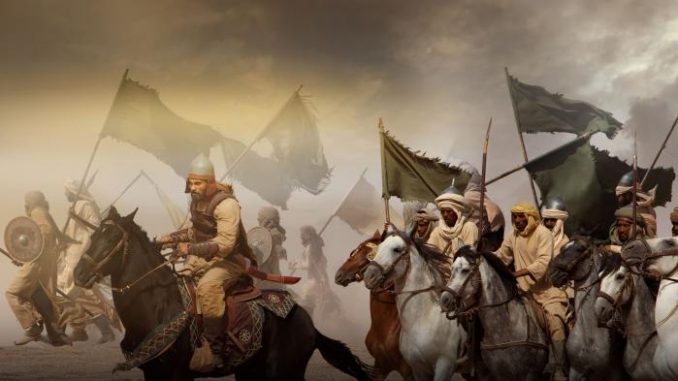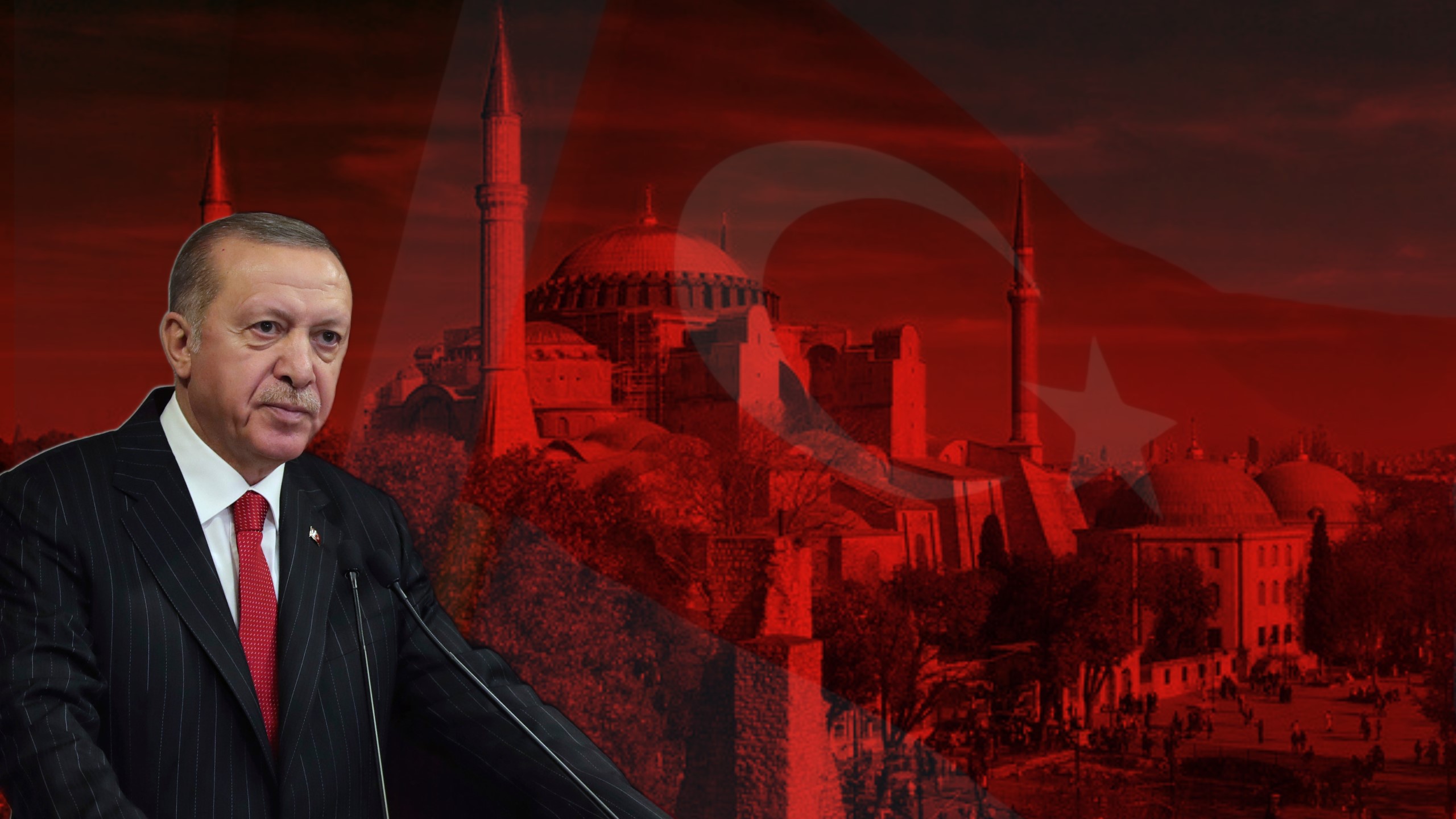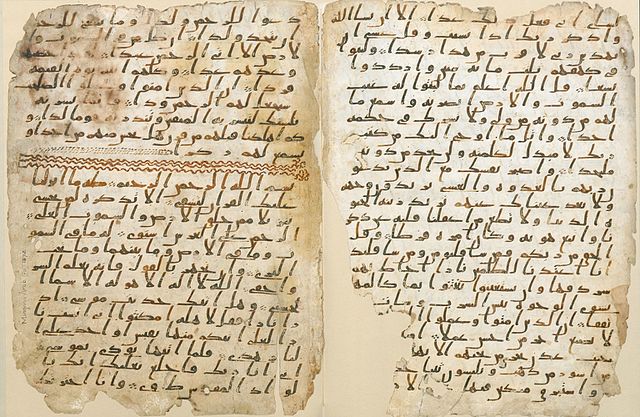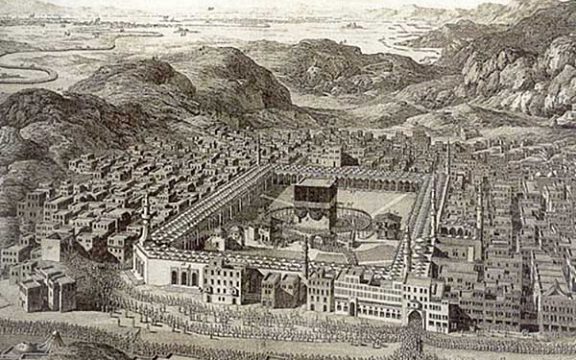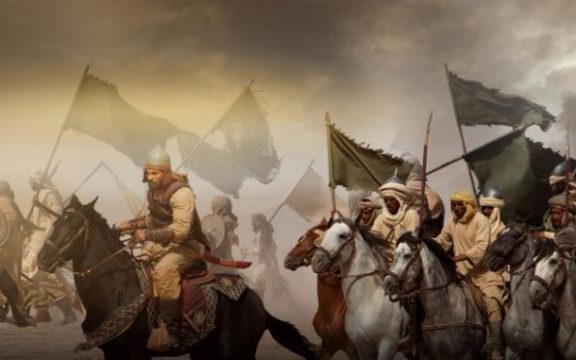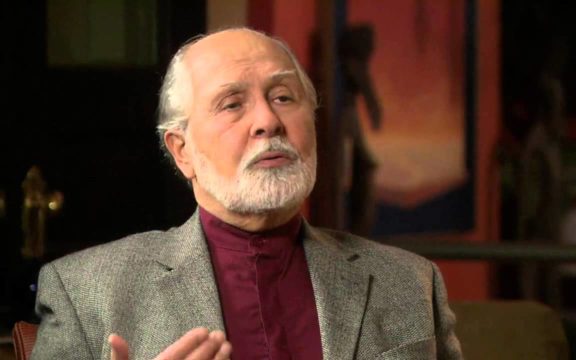Dear friends, what do you remember most about the history of the Prophet Muhammad? Is it a series of wars – Badr, Uhud, Khandaq? Presumably we are already familiar with the cover of the book of Islamic History depicting a horse rider brandishing a sword, or pages of war stories. It needs to be examined, why is the history of Islam often memorable just because the events of war?
Perhaps this is due to the historiography of Islam in school’s subject or public books which presents an unbalanced portion of too many narratives of war, especially through the life history of the Prophet Muhammad or visualizations that mostly feature war events. According to Irfan Amalee, Cofounder Peacegen, Islamic history is too busy talking about succession to the khilafah, such as politics, sometimes bloody, instead of social history or civilization.
At the end of 2019, I was somewhat relieved to hear that the Ministry of Religion of Indonesia planned to review the Islamic Cultural History curriculum to better review social and civilization. It was welcomed by many responses of condemn because the disinformation circulating with the government narrative would erase war material in the subjects of Islamic History. Increasingly boisterous with the emergence of the issue of radicalism, enforcement of Islamic state, and the aftermath of the presidential election that was just over.
Well, war is one of the events of the Prophet’s time. A historical fact. However, out of 8000 prophetic days, only 800 days lasted for warfare. Even during warfare surely we stand with the rules that uphold humanity — not cutting plants, not attacking civilians, not damaging houses of worship including churches and other religious places of worship.
The life of the Prophet was not only contributed to the military world, he was the leader of the country, a businessman, a father, a husband, and of course an educator. He was better known by the people at that time with khuluq al-adhim (great attitudes), rahmatan lil ‘alamin, and beautiful titles due to his behavior.
There are still many people who consider war as the teachings of Islam or other methods of violence on the pretext that the war verses used are not appropriate in context. Sometimes violence that transcends borders is considered assertiveness. Many also still have difficulty distinguishing the cultural context of war at that time and the teachings of Islam.
As a reflection, warfare in Islam can only occur if the enemy really attack, through violating an agreement, and created instability. So it is understandable to fight back, as defense because the warfare aims to protect a life, to uphold the truth, and to defend peace. Once again, with binding rules.
If the enemy proposes peace or surrender, then we must guarantee salvation to his place of residence. Allah’s Message in surah al-Anfal; verse 61, “If they are inclined to peace, then incline to him, and resignation to Allah. Indeed He is All-Hearing, All-Knowing.”
On the other hand, it is also mentioned that believers have a non-warlike nature, it is described in the Qur’an in surah al-Baqarah: verse 216, “You have been obliged to fight, but you hate it. And maybe, the thing you hate is good for you. And maybe, the thing you like is bad for you.”
Even during warfare, Muslims are not all required to go to war, some are encouraged to “liyatafaqqohuu fii ad-din, explore religious knowledge” (see surah At-Taubah: 122) because it is in order to safeguard science and develop civilization.
Translated from the original article https://islami.co/sejarah-islam-bukan-hanya-soal-perang/, written by Farida Novita Rahmah on 19 February 2020.
![Islami[dot]co](https://en.islami.co/wp-content/themes/jambualas/images/logo.png)
